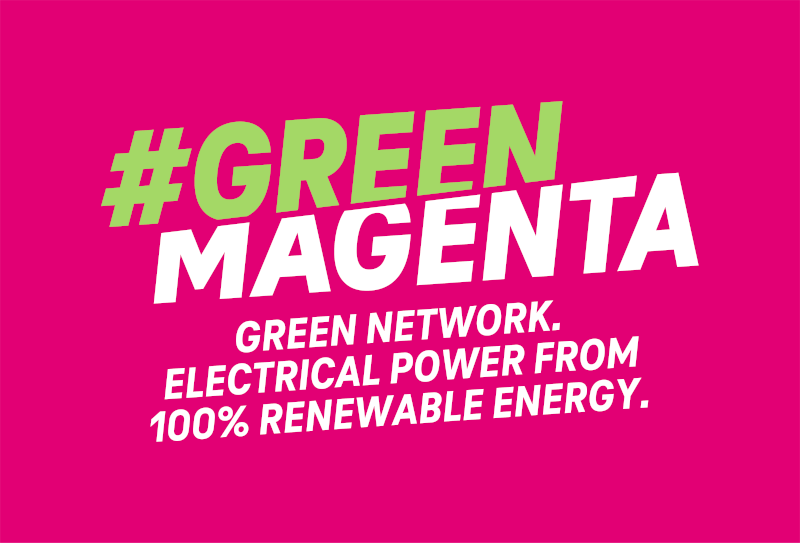In this article you will read about,
- why cloud computing is particularly resource-efficient
- how companies benefit from the cloud and
- what is important when choosing a cloud provider.
8 percent of global CO2 emissions by 2025: According to a forecast by the French think tank, The Shift Project, this is how high the digital economy's share of global pollutant emissions will be in five years. This would mean that the environment would be polluted more by IT than by motor vehicles. This makes it all the more important that companies pay attention to sustainable products and solutions in their digital transformation and private users do the same when it comes to digital solutions and devices. For this reason alone, companies should rely on the cloud. After all, with the help of cloud computing and virtualization, companies can help to reduce the energy consumption for their IT use. This not only relieves the strain on budgets, but also benefits the company's image. Cloud solutions operated from green data centers – such as the Open Telekom Cloud – are particularly positive for the environmental balance.
